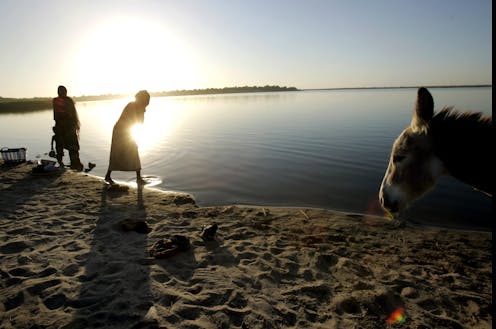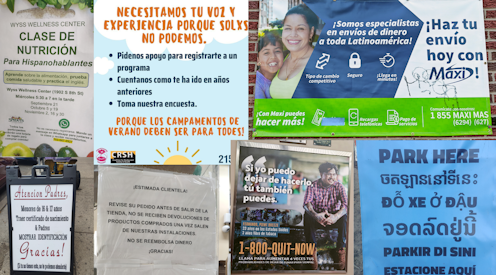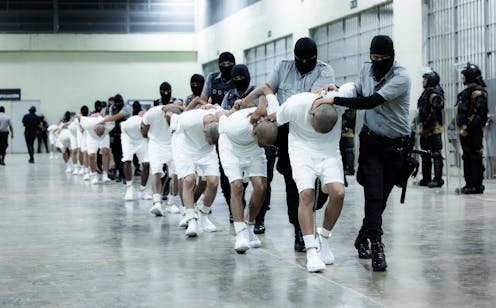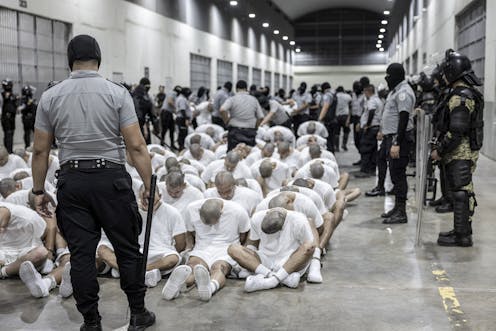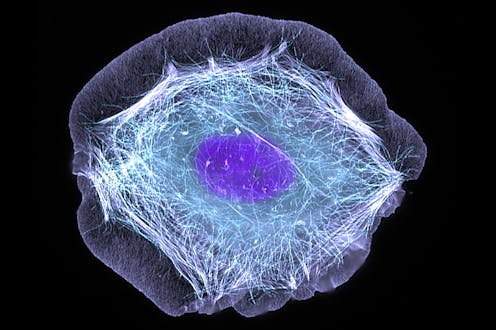Plastic pyrolysis − chemists explain a technique attempting to tackle plastic waste by bringing the heat
- Written by Kevin A. Schug, Professor of Analytical Chemistry, University of Texas at Arlington
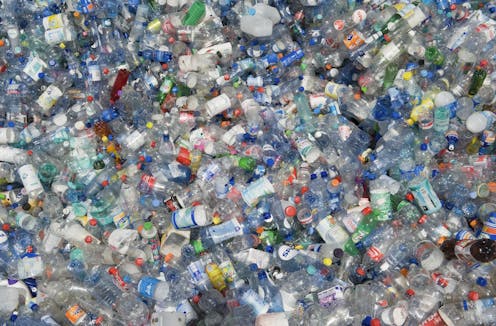 Large proportions of plastic waste don't get recycled. Westend61 via Getty Images Plus
Large proportions of plastic waste don't get recycled. Westend61 via Getty Images PlusIn 1950, global plastic production was about 2 million tons. It’s now about 400 million tons – an increase of nearly 20,000%.
As a material, it has seemingly limitless potential. Plastic is inexpensive to produce while being lightweight and sturdy. Its...


